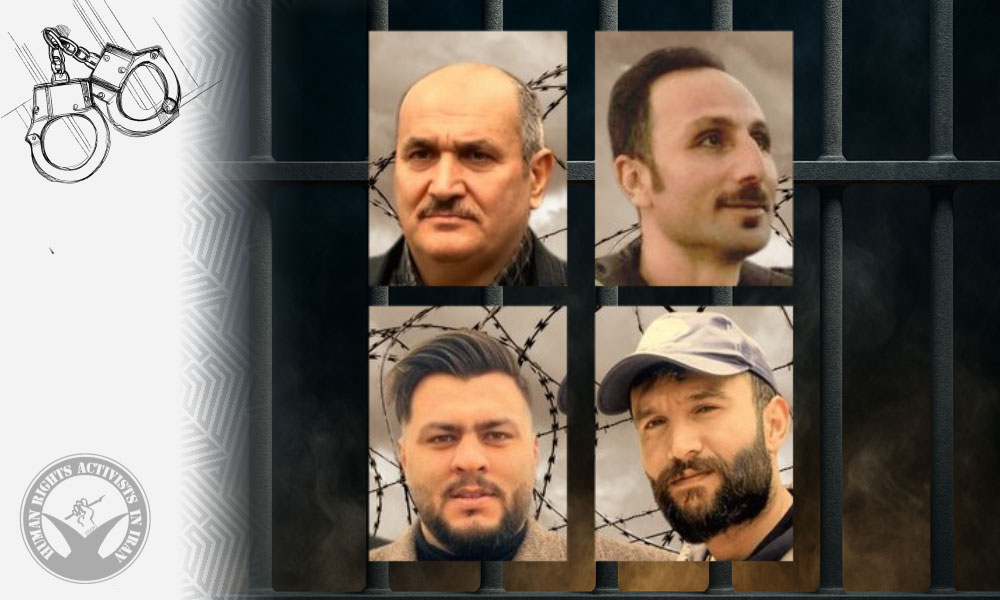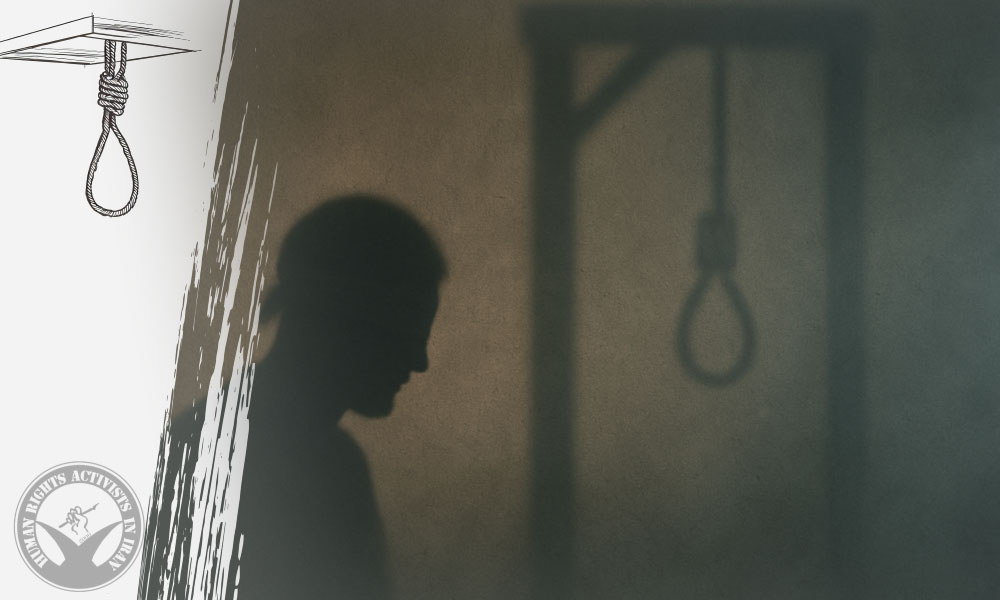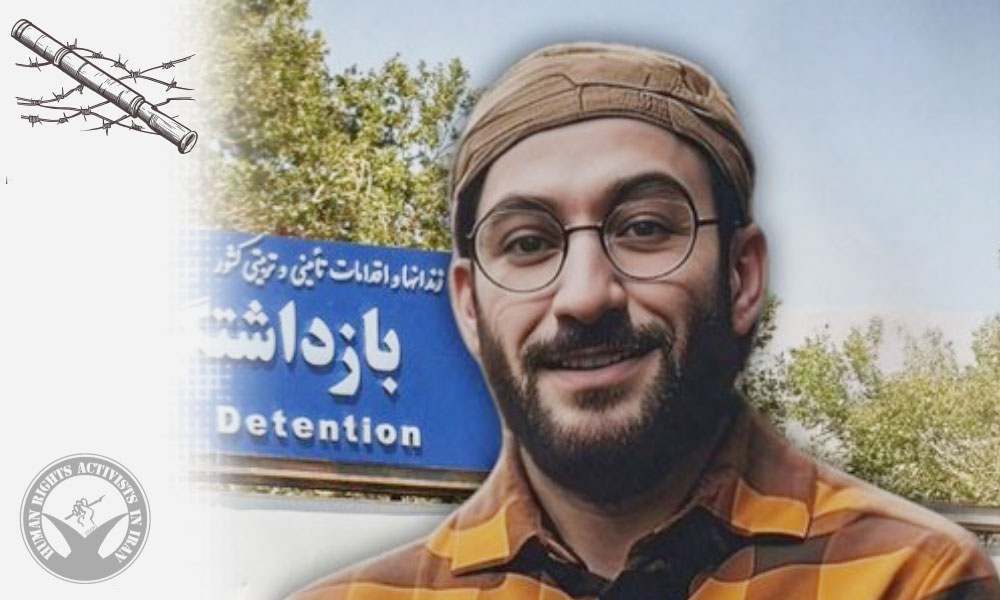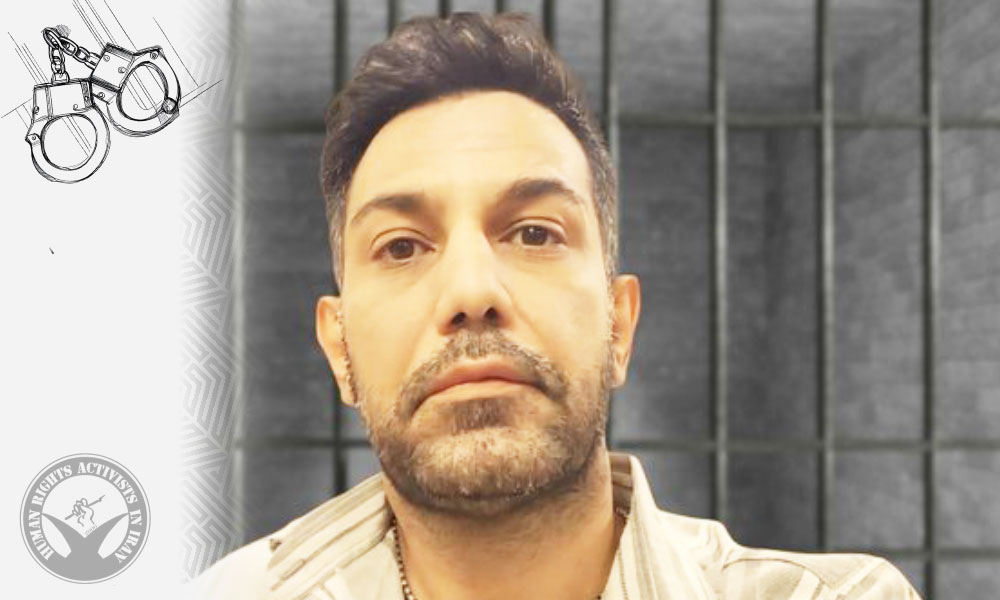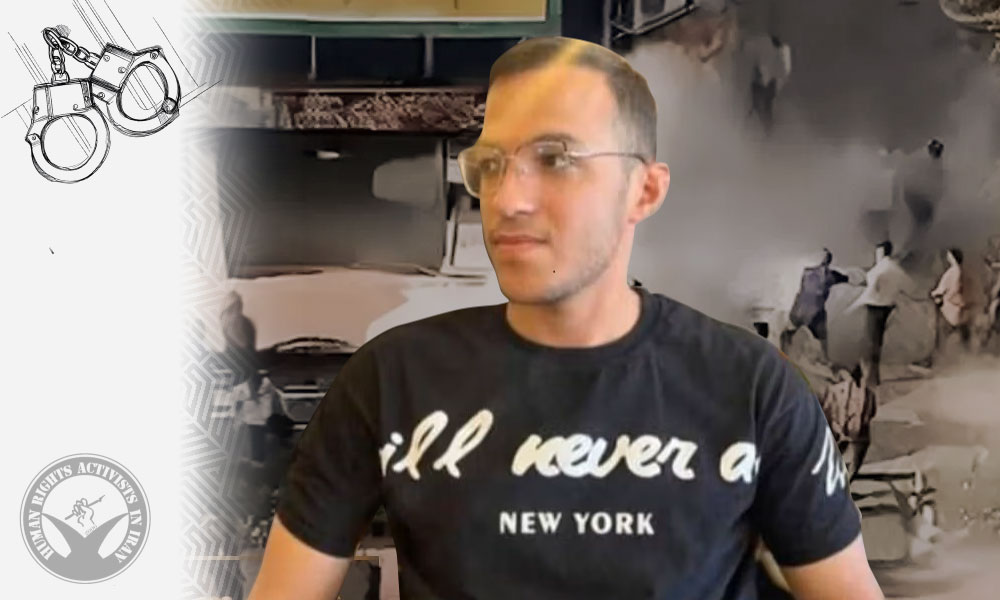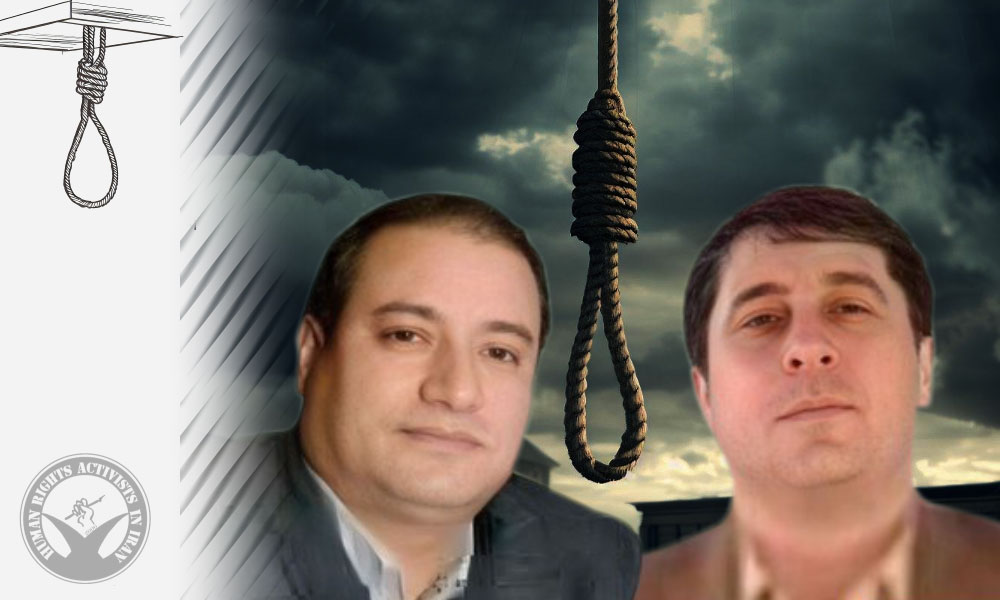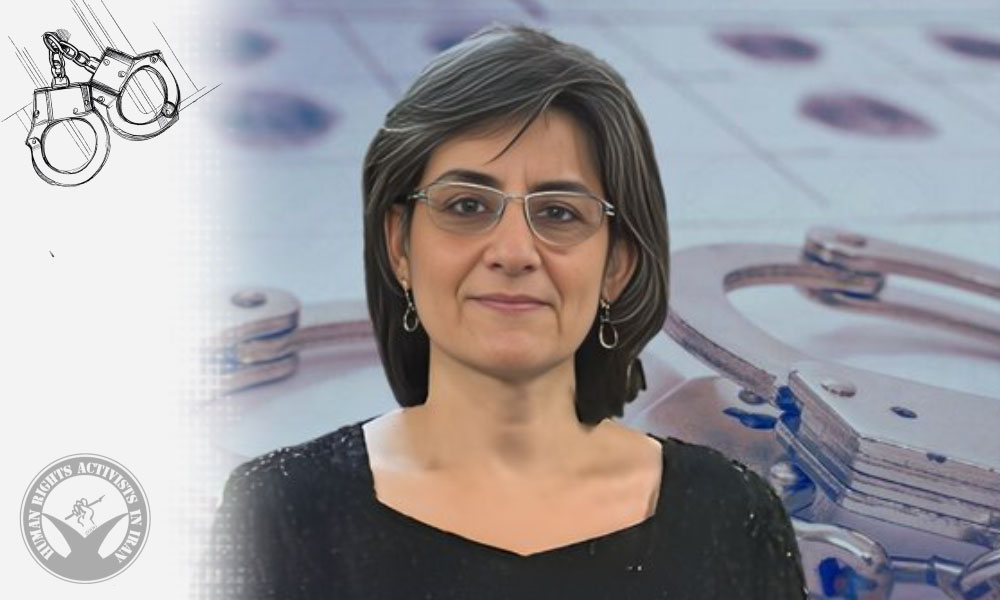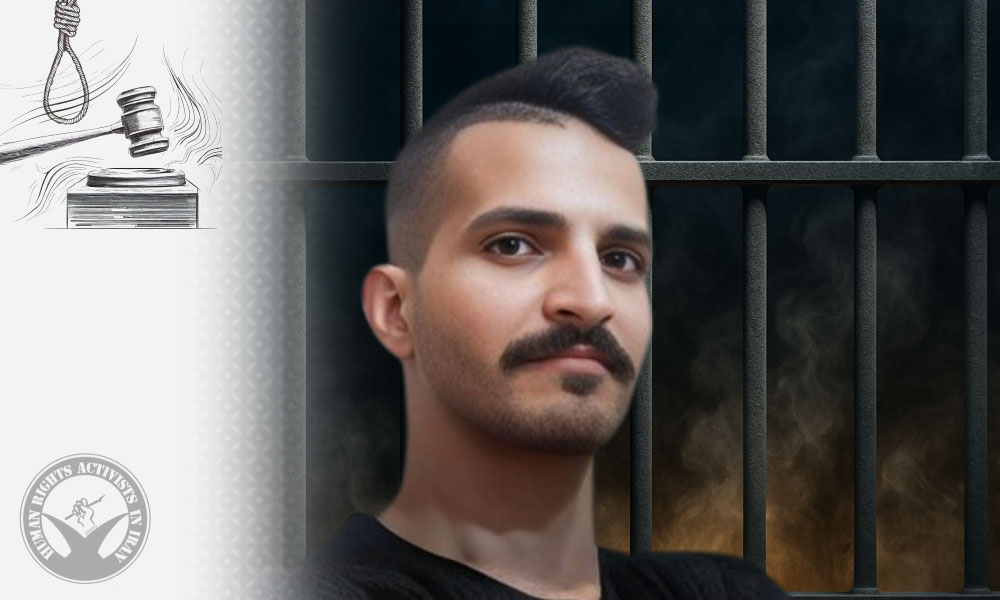HRANA – On Tuesday, November 11, Azerbaijani-Turk activists Abbas Lesani (Lisani), Ali Kheirjoo, Yousef Kari, and Behzad Dashti were arrested in front of Evin Prison and taken to an unknown location. They had traveled to Tehran to support the sit-in held by families of several political prisoners detained in this prison.
According to HRANA, the arrests were carried out today by security forces outside Evin Prison. These Azerbaijani-Turk activists had gone to Tehran in solidarity with the families of Taher Naghavi and Vadood Asadi, political prisoners currently held in Evin Prison.
So far, there is no information on the detainees’ whereabouts or the charges brought against them. Recently, Vadood Asadi and Taher Naqavi were transferred to solitary confinement in Evin Prison as a punitive measure following their hunger strike.
Abbas Lesani, Ali Kheirjoo, Yousef Kari, and Behzad Dashti have previously faced arrests and judicial proceedings due to their activism.



